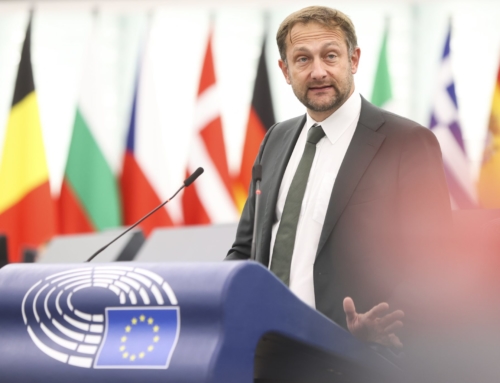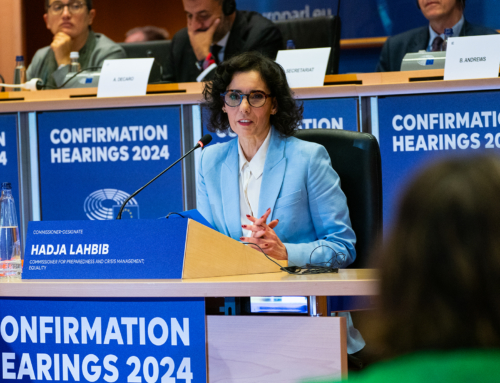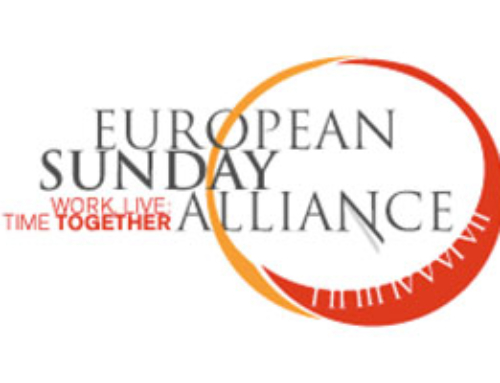FAFCE Declaration on a Regulation on the cross-border recognition of parenthood
The JURI Committee in the European Parliament voted to limit Member States’ to decide on parenthood recognition, also in case of surrogacy. The Board of FAFCE issued a statement to alert on the concerns raised by this proposal.
Brussels, the 7th of November 2023
The Legal Affairs Committee (JURI) in the European Parliament adopted today its opinion on the draft regulation facilitating the recognition of parenthood and for a creation of a European Certificate of Parenthood. Five Members of the Committee also expressed a minority opinion, highlighting the need of the public order exception and national legislations to be respected. The Parliament’s plenary vote should take place in the following weeks, while the final decision will be taken by the Council, by unanimity, as the Parliament has only a consultative role on a such file. Therefore, FAFCE calls on Member States to ensure the principle of subsidiarity is respected by rejecting this text.
In this proposal, the Members of the European Parliament limit the possibility for EU Member States to refuse to recognise parenthood established in another Country on the basis of public order concerns. The draft regulation enables parenthood as established in a EU Member State to be recognised throughout the EU, including in situations such as surrogacy.
FAFCE follows this legislative procedure since its first announcement, starting with an open letter addressed by FAFCE’s President, Vincenzo Bassi, to the European Commission’s President, Ursula Von der Leyen, on 19 April 2021.
Gathered in Brussels for their Autumn Meeting, last month, FAFCE Board Members issued a statement in order to raise awareness on the negative consequences of the current proposal, highlighting the additional concerns raised by the report of the JURI Committee and its related opinions:
FAFCE Board Members recall that “a child is not an entitlement and parenthood is not a right; rather, a child is a gift and parenthood is a responsibility.” The current proposals of the Parliament, including the already voted and published Opinions of the Committees on Women’s Rights and Gender Equality and on Civil Liberties, Justice and Home Affairs includes the recognition in a Member State of the parenthood established in another Member State (i) irrespective of how the child was conceived or born. In a nutshell, it confirms that it shall also cover children born through surrogacy; and (ii) irrespective of the status of the persons asking to be recognized as the parents of the child, going as far as to the so-called “multi parenthood”, as explicitly mentioned in the voted proposals.
FAFCE Board Members highlight that the aforementioned goes against the interest of the child, being considered as “a thing”, as a disposable good, to which the knowledge of his/her identity would be impossible and the recognized parenthood unchallengeable, but also against the intrinsic dignity of every woman and every man.
Moreover, the European Union is overstepping its competences with this proposal, legislating on family matters that are an exclusive competence of the Member States. The legal figure of “parenthood” and its definition de facto goes beyond national established categories of “filiation”, and it is used interchangeably in the explanatory statement, therefore violating the principle of subsidiarity. This proposal is explicitly based on the universal application of a national law in all the EU (Article 16 of the proposal), “whether or not it is the law of a Member State”, circumventing Member States’ exclusive competence on family and parenthood matters.









